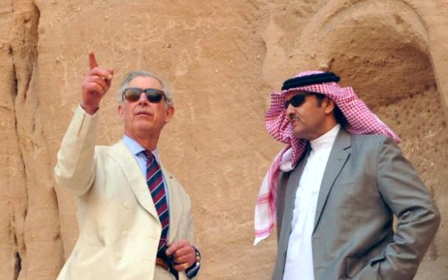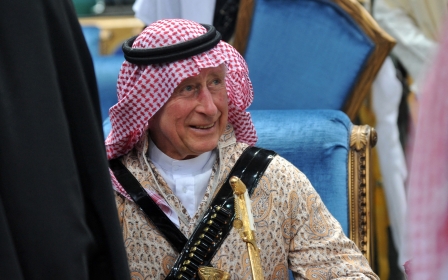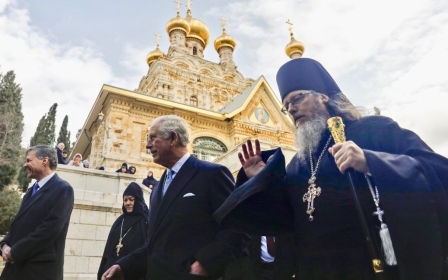Prince Charles accepted €1m cash in suitcase from ex-Qatar prime minister: Report
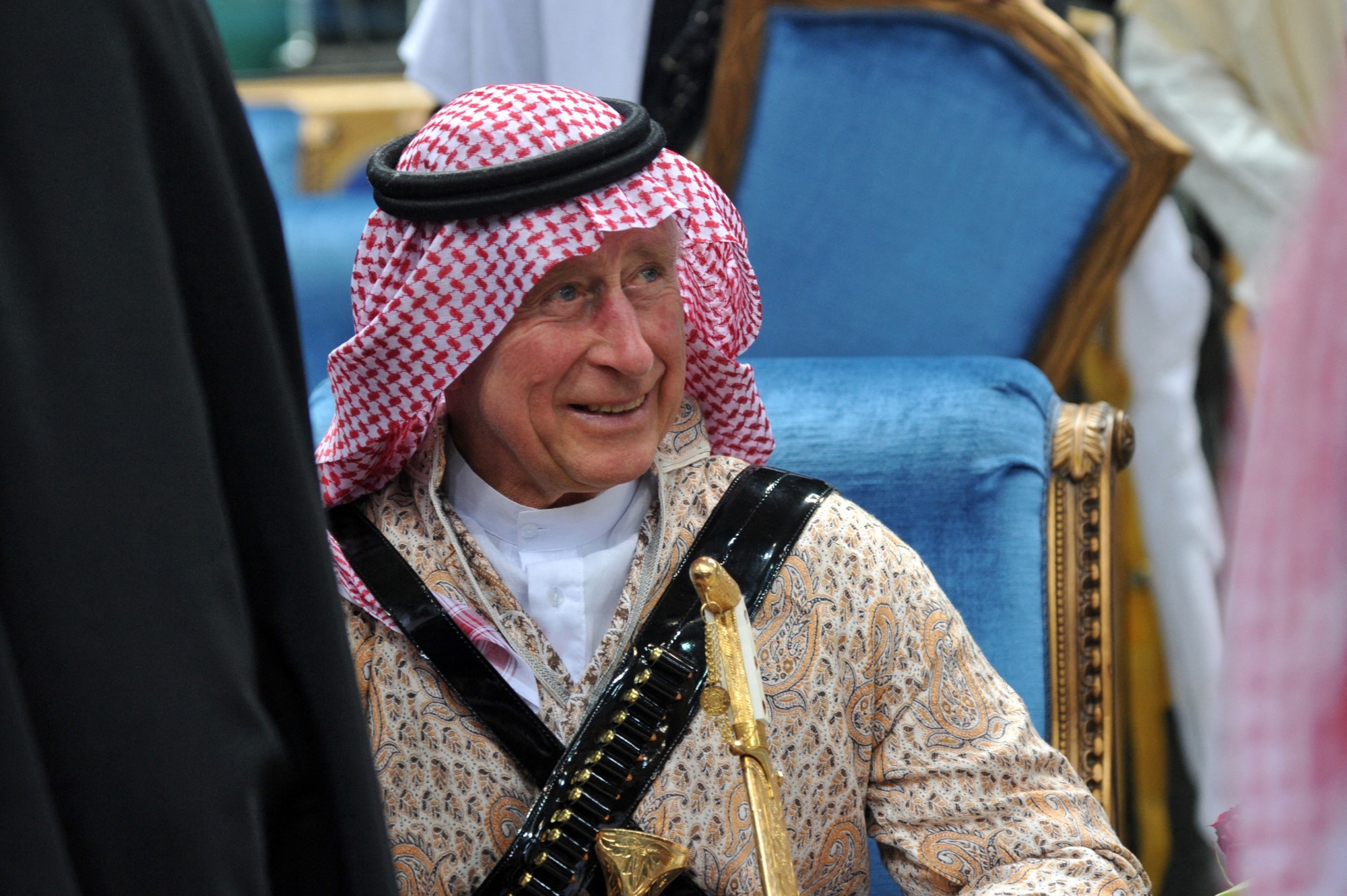
The Prince of Wales accepted a suitcase containing €1m ($1.05m) in cash from a former Qatari prime minister, according to a report in a UK newspaper.
The handover was one of three lots of cash, totalling €3m ($3.15m), which Prince Charles personally received from Sheikh Hamad bin Jassim bin Jaber Al Thani, between 2011 and 2015, the Sunday Times revealed on Saturday.
The handovers are alleged to have occurred during meetings between the two men, including a private one-to-one meeting at Clarence House, the prince's London residence, in 2015.
In a statement, a spokesperson for Clarence House said the money given during the 2015 meeting was “passed immediately to one of the prince’s charities who carried out the appropriate covenants and assured us that all the correct processes were followed”.
The suitcase containing the €1m ($1.05m) was given to two of Charles’ advisers who are said to have hand-counted the money, which comprised of now discontinued €500 notes.
New MEE newsletter: Jerusalem Dispatch
Sign up to get the latest insights and analysis on Israel-Palestine, alongside Turkey Unpacked and other MEE newsletters
Coutts, the private bank which acts for the royal family, was then asked to collect the cash.
Each payment was deposited into the accounts of the Prince of Wales’s Charitable Fund.
The Sunday Times said there was no suggestion the payments were illegal.
The newspaper said the prince’s meetings with Sheikh Hamad do not appear in the Court Circular, the list of official engagements undertaken by working royals.
The royal gift policy states that members of the royal family are allowed to accept a “cheque” as a patron of, or on behalf of, a charity. It does not reference what should happen regarding cash payments.
'Truly shocking'
Sir Alistair Graham, the former chairman of the committee on standards in public life, told the Sunday Times the revelations were “truly shocking” and would be “inconceivable” to most people.
Graham, 79, said: “I wouldn’t make a distinction between a politician and a member of the royal family.
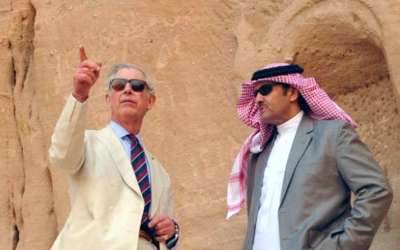
"If the Qatari government wants to make a gift to his foundation, then there are proper ways to do these things rather than handling large sums of cash.”
In February, UK police launched an investigation into a bid to give honours and British citizenship to a Saudi national linked to the Prince's Foundation, another of Charles' charities.
London's Metropolitan Police Service said it was investigating allegations of offences under the Honours (Prevention of Abuses) Act 1925.
Prince Charles's closest aide, Michael Fawcett, stepped down from his role in October amid claims he promised to help secure a CBE and British citizenship for Saudi national Mahfouz Marei Mubarak bin Mahfouz.
A spokesman for the prince said that Charles had no knowledge of the alleged offer of honours or citizenship on the basis of donations.
Fawcett has not commented publicly.
Chelsea Barracks controversy
Sheikh Hamad, whose personal wealth was once estimated to be $12bn, served as Qatar’s prime minister and minister of foreign affairs between 2007 and 2013.
During that period, he controlled the Qatar Investment Authority (QIA), the Gulf nation's $300bn sovereign wealth fund.
Investments made by the QIA during that time included those in Harrods, the Shard and London’s Olympic Village.
In 2010, Prince Charles lobbied Sheikh Hamad to shelve the state-backed Qatari Diar’s £3bn redevelopment of London’s Chelsea Barracks.
In a letter, the prince told Sheikh Hamad the proposed steel-and-glass design “made my heart sink”, attaching a scheme by an architect whose more traditional style he favoured.
Middle East Eye delivers independent and unrivalled coverage and analysis of the Middle East, North Africa and beyond. To learn more about republishing this content and the associated fees, please fill out this form. More about MEE can be found here.


